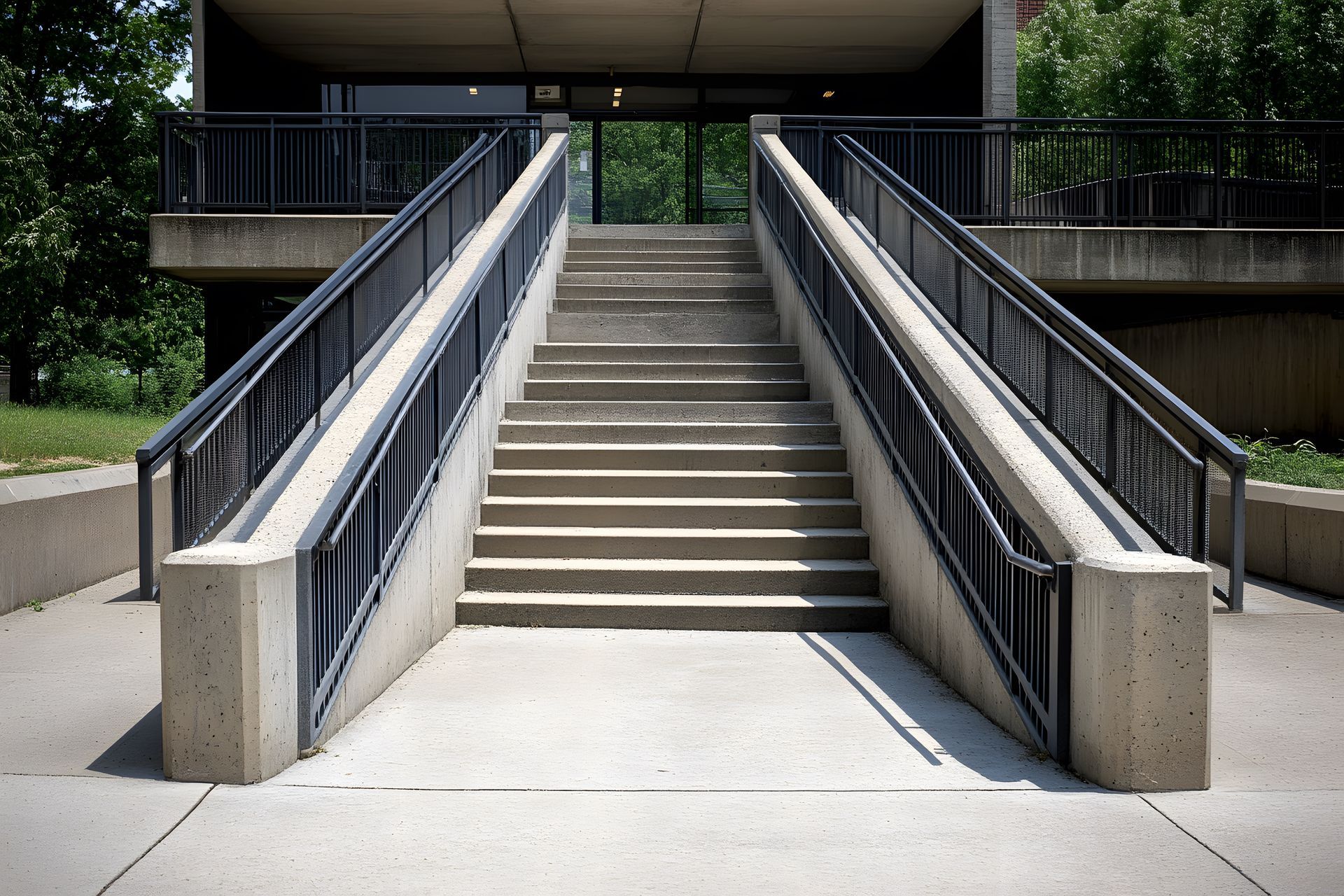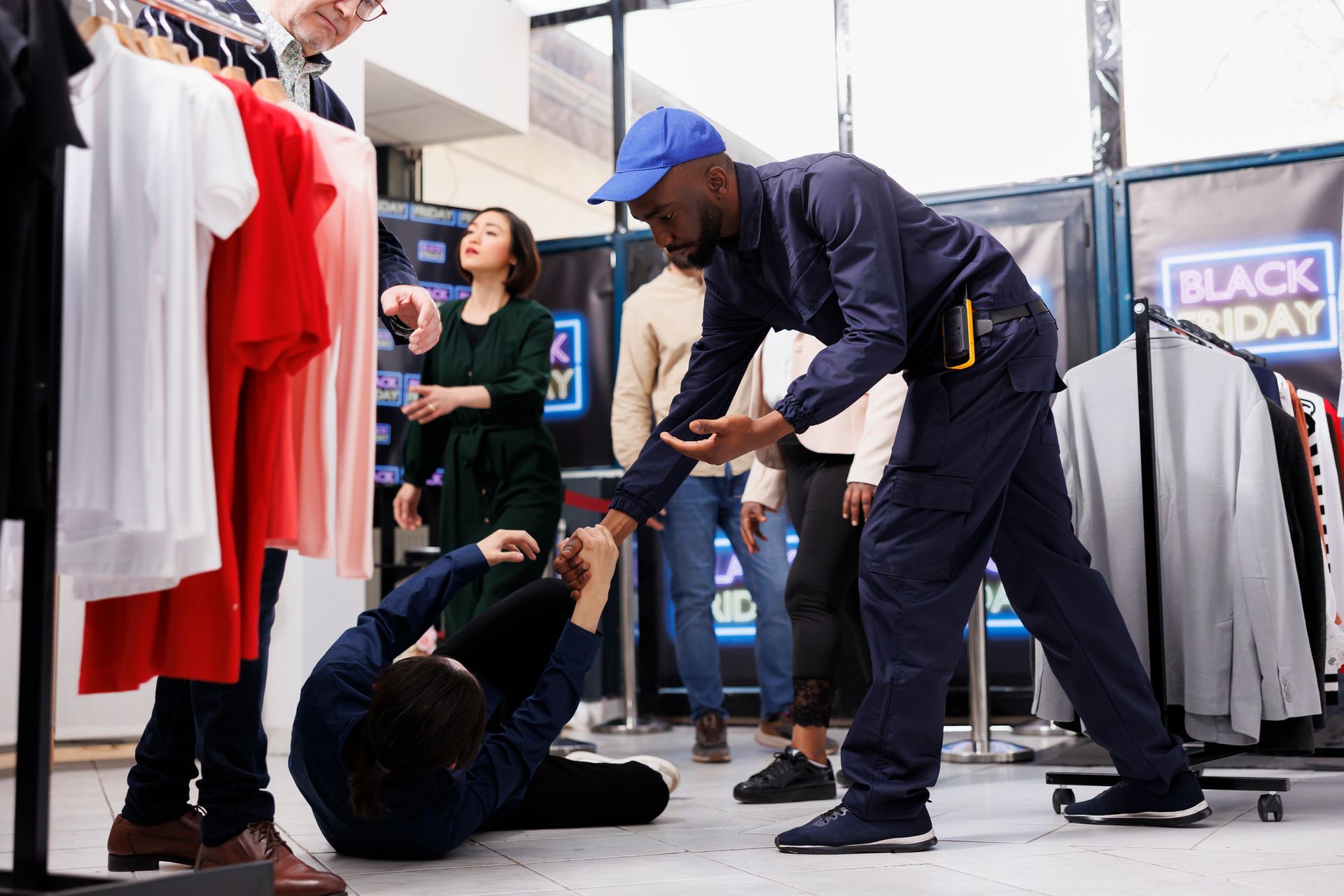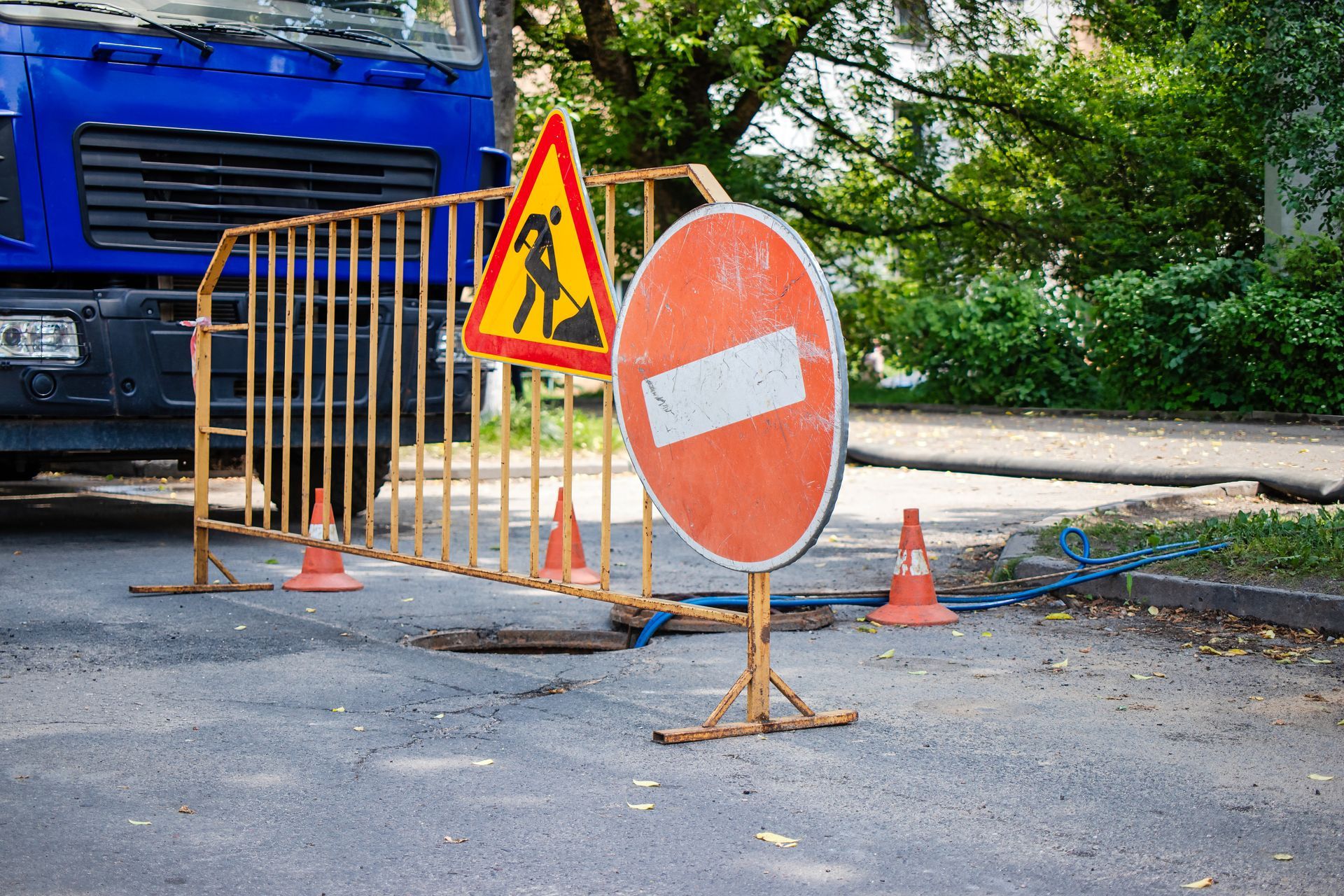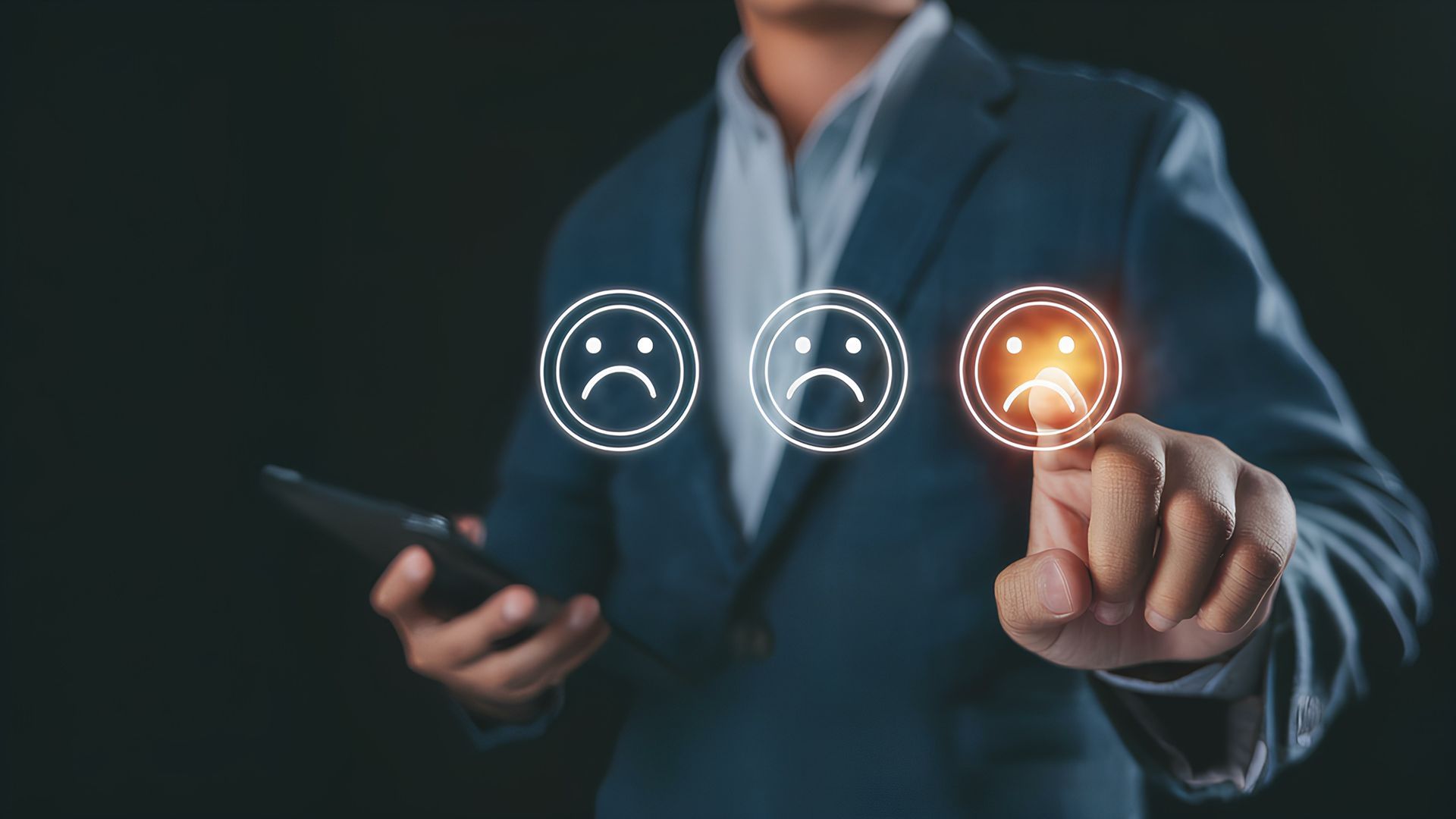Blog

The mode of operation theory is a legal doctrine in premises liability cases that could expand certain businesses' exposure to injury claims if courts were to apply it more frequently. However, it is not a widely accepted interpretation of premises liability law by Georgia courts.
The traditional interpretation of premises liability law is that businesses violate their duty of care by being aware of a hazard and failing to address it, leading to an injury.
Under the mode of operation theory, a business can be held liable for injuries caused by hazardous conditions resulting from the way it operates—without requiring the injured party to prove that the business had actual or constructive notice of the specific hazard.
The theory relies on the idea that a business’s operational model inherently creates risks. The persistent presence of the risk would, according to this interpretation, shift the burden onto the business to prove it took reasonable steps to mitigate them.
How Business Operations Can Lead to These Claims
Certain types of businesses are more vulnerable to claims leveraging the Mode of Operation Theory due to the nature of their operations. Examples include:
- Self-Service Retail and Grocery Stores – Customers handling merchandise can cause spills or leave misplaced items or baskets in aisles, creating tripping hazards.
- Buffet-Style Restaurants – Food service areas may frequently experience spills and dropped items, creating slip and fall risks.
- Gas Stations and Convenience Stores – High foot traffic and self-service beverage stations can contribute to hazardous conditions.
- Big Box Stores and Warehouses – Stacked merchandise and customer access to shelving increase the likelihood of falling objects.
Because these operational models inherently carry risks, plaintiffs may argue that businesses should anticipate and proactively address these hazards at all times, making actual notice of a dangerous condition unnecessary for liability to apply.
Why Georgia Courts Do Not Universally Recognize the Mode of Operation Theory
Unlike some states where this doctrine is widely accepted, Georgia courts do not universally recognize the mode of operation theory as a replacement for the traditional premises liability standard.
Georgia courts typically require plaintiffs to prove that the business had actual or constructive notice of a hazard to establish liability. In other words, plaintiffs typically need to provide evidence that a business had an opportunity to correct a dangerous condition, and failed to do so, before being held responsible.
However, this does not mean that businesses in Georgia are completely shielded from claims attempting to use this theory. While courts may not adopt this interpretation by default, plaintiffs may still attempt to frame their case around foreseeable risks created by a business’s operations. This makes it critical for businesses with these types of inherent risks to be proactive in reducing potential liabilities.
Have Modern Business Operations Made This Theory More Common?
With the rise of self-service business models, 24-hour convenience stores and high-foot-traffic retailers, arguments aligned with the mode of operation theory have become more prevalent.
Businesses that emphasize speed and customer convenience—such as fast-food chains with self-order kiosks or supermarkets encouraging customer bagging—introduce more opportunities for hazards that might not be addressed immediately by employees.
How Businesses Can Protect Themselves from Mode of Operation Claims
- Frequent Inspections – Establish and document regular floor checks, maintenance schedules and cleaning routines.
- Employee Training – Educate staff on identifying hazards and responding to spills, debris or other risks quickly.
- Clear Warning Signs – Use visible signage to caution customers about common hazards, such as wet floors or uneven surfaces.
- Security Footage and Incident Reports – Maintain video surveillance and detailed reports to demonstrate due diligence in safety procedures.
- Designing Safer Store Layouts – Arrange merchandise, displays and walkways to minimize potential hazards from self-service areas.
How a Business Liability Defense Attorney in Atlanta Can Counter a Mode of Operation Argument
If a claimant attempts to use the mode of operation theory in a Georgia premises liability case, a defense attorney may challenge their claim by:
- Highlighting Georgia Precedents – Demonstrating that Georgia courts generally require actual or constructive notice of a hazard before imposing liability.
- Challenging Foreseeability – Arguing that the specific incident was not an inherent risk of the business’s operational model and could not have been reasonably anticipated.
- Proving Reasonable Precautions Were Taken – Showing that the business had effective safety protocols in place and took reasonable steps to prevent hazards.
- Questioning the Plaintiff’s Own Actions – Raising comparative negligence defenses if the plaintiff ignored posted warnings, engaged in reckless behavior, or failed to take reasonable precautions themselves.
Is Your Atlanta Business Facing a Premises Liability Lawsuit?
While the mode of operation theory is not broadly accepted in Georgia, it remains a potential argument plaintiffs may attempt to use in slip and fall cases. If someone has brought a premises liability claim against your business and you’re looking for legal advice, call the Law Office of Cameron Hawkins at 678-921-4225.
Law Office of Cameron Hawkins | All Rights Reserved
Areas of Practice
Contact Info
Disclaimer: The content on this website is for informational purposes only. This site and the information contained within is not legal advice, nor is it intended to be. Contacting the Law Office of Cameron Hawkins does not create an attorney-client relationship. Internet users should not act upon information contained on this site without first seeking advice from an attorney. Please refrain from sending any confidential information to The Law Office of Cameron Hawkins until an attorney-client relationship is established.
Disclaimer pursuant to Georgia Rule of Professional Conduct 7.1(a)(6): The statement "no attorneys' fees unless we are able to secure a verdict or settlement on your behalf" refers only to those fees charged by the attorney. Court costs and other additional expenses of legal actions usually must be paid by the client. Contingent fees are not permitted in all types of cases.











